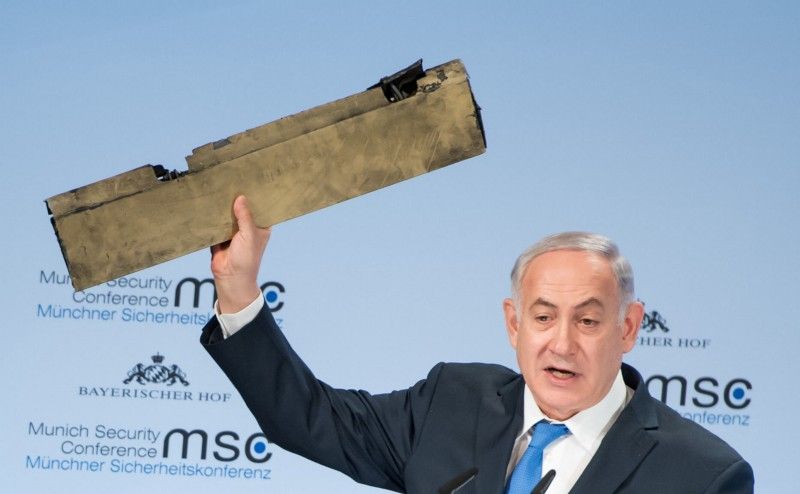February 20, 2018
Over the weekend, many of the world’s foreign policy decision makers gathered for the annual Munich Security Conference to discuss the most pressing global security challenges. The dissonance between major powers was particularly salient this year, highlighting the almost complete lack of consensus on key issues.
Three that came up…
North Korea: Nowhere is the failure of multilateral cooperation more glaring than on the Korean peninsula. The US says give up all of your nukes. North Korea says make my day. China will only push so far, fearing the consequences of a regime collapse. Meanwhile, US and Russian officials in Munich spent more time bickering over Russian election meddling than they did discussing Pyongyang. No new diplomatic proposals are forthcoming, it seems. More nuclear tests, it stands to reason, are.
Syria: The civil war in Syria has entered a new, more dangerous phase as the various external actors — Iran, Israel, Russia, Turkey, US — are locked in an increasingly dangerous final scramble for leverage ahead of any peace negotiations. Turkey and the US are this close to open conflict in Northern Syria. US forces have already killed Russian nationals. And Iran and Israel are for all intents and purposes at war in Syria now too. Meanwhile, the regime is pounding the last strongholds of rebels and jihadists. Where, exactly, is the “international community” of which we used to speak?
Cyberwar: As actual conflict rages in the Middle East, a more nebulous battle is playing out in cyberspace where — by comparison with conventional war — there are still relatively few rules of the game. Beyond gamely broaching the subject, there’s little desire among the major cyber powers to cooperate in limiting this new form of conflict.
So far, somewhat miraculously, none of these crises has resulted in a direct, sustained conflict between major powers, in part because the international system is proving just resilient enough to prevent catastrophe. But in a world of increasingly fragmented prerogatives and interests, how long can that hold?
More For You
- YouTube
At the 2026 World Economic Forum, GZERO's Tony Maciulis spoke with Matthew Blake, Managing Director at the World Economic Forum, about a defining transition for Davos and the state of the global economy.
Most Popular
Former South Korean President Yoon Suk Yeol arrives at a court to attend a hearing to review his arrest warrant requested by special prosecutors in Seoul, South Korea, July 9, 2025.
REUTERS/Kim Hong-Ji/Pool/File Photo
5: The number of years South Korea’s ex-President Yoon Suk Yeol was sentenced in prison today, on charges related to his failed attempt to impose martial law last year.
Russian President Vladimir Putin speaks during a news conference after a meeting of the State Council on youth policy in Moscow, Russia, on December 22, 2022.
Sputnik/Sergey Guneev/Pool via REUTERS
The Russian president said little when the US seized Venezuelan strongman Nicolás Maduro, an ally of Moscow. But there might be a reason for his silence.
© 2025 GZERO Media. All Rights Reserved | A Eurasia Group media company.
